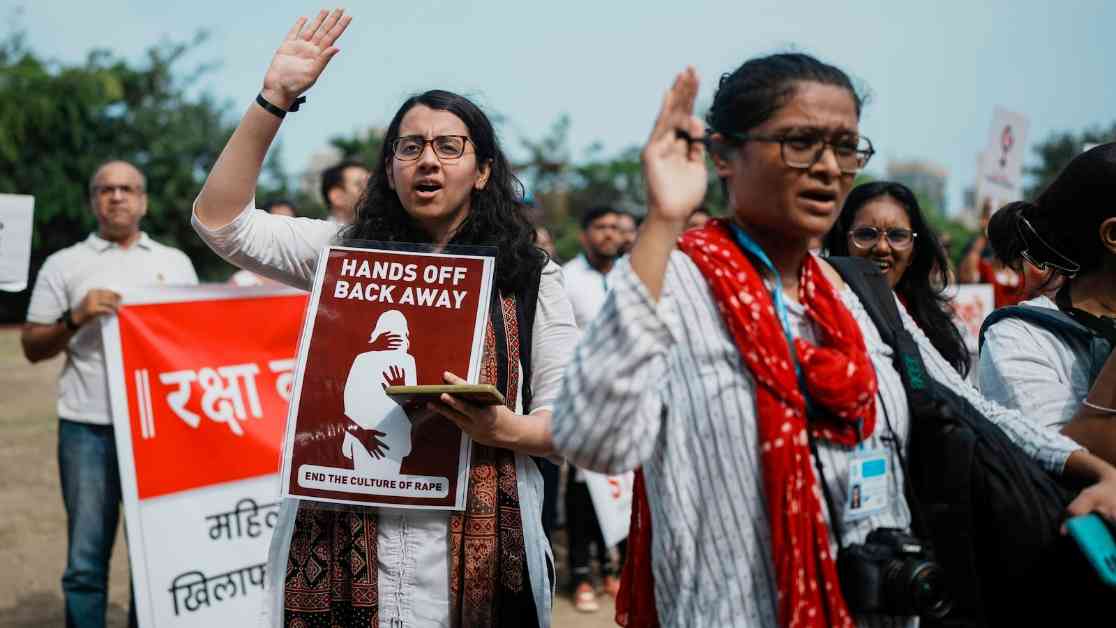India’s top court has taken a significant step in improving workplace safety for healthcare workers by establishing a national task force of doctors to make recommendations. This decision comes in the wake of a tragic incident that has sparked outrage and protests across the country.
Task Force for Healthcare Worker Safety
The Supreme Court of India has set up a panel of doctors who will be tasked with framing guidelines to ensure the safety and protection of medical professionals and healthcare workers in the country. Chief Justice Dhananjaya Yeshwant Chandrachud emphasized the importance of safeguarding the well-being of doctors and women in the healthcare industry, stating that it is a matter of national interest and equality.
The move to establish this task force comes after a trainee doctor was raped and killed in Kolkata, the capital of West Bengal state. This horrific incident has shed light on the vulnerability of healthcare workers in hospitals and medical campuses throughout India. In response, doctors and medical professionals have taken to the streets in protest, demanding stronger laws to protect them from violence and ensure their safety while on duty.
Impact on Healthcare Services
The suspension of work by doctors and healthcare workers has had a significant impact on patient care across the country. With thousands of patients affected by the protests, there is a growing urgency to address the safety concerns of healthcare workers and ensure that they can perform their duties without fear of violence or harm.
The demands for more stringent laws to protect healthcare workers reflect a broader issue of violence against women in India. The rape and killing of the trainee doctor in Kolkata have reignited calls for justice and accountability, as well as a renewed focus on addressing the pervasive problem of gender-based violence in the country.
Violence Against Women in India
Despite the implementation of tougher laws and measures to combat sexual violence, incidents of rape and assault against women continue to be a prevalent issue in India. According to the National Crime Records Bureau, there were 31,516 reported cases of rape in 2022, representing a 20% increase from the previous year.
The ongoing protests and demonstrations in response to the trainee doctor’s killing highlight the deep-rooted challenges that women face in India, including a culture of impunity and lack of accountability for perpetrators of violence. The mobilization of women and allies in cities across the country underscores the urgent need for systemic change to address gender-based violence and ensure the safety and security of all individuals.
As the national task force of doctors begins its work to develop recommendations for healthcare worker safety, there is hope that tangible steps will be taken to protect those on the frontlines of healthcare and prevent future tragedies. The Supreme Court’s decision to prioritize the safety of medical professionals is a crucial acknowledgment of the risks and challenges they face in their daily work, and signals a commitment to creating a safer and more secure environment for all healthcare workers in India.


















